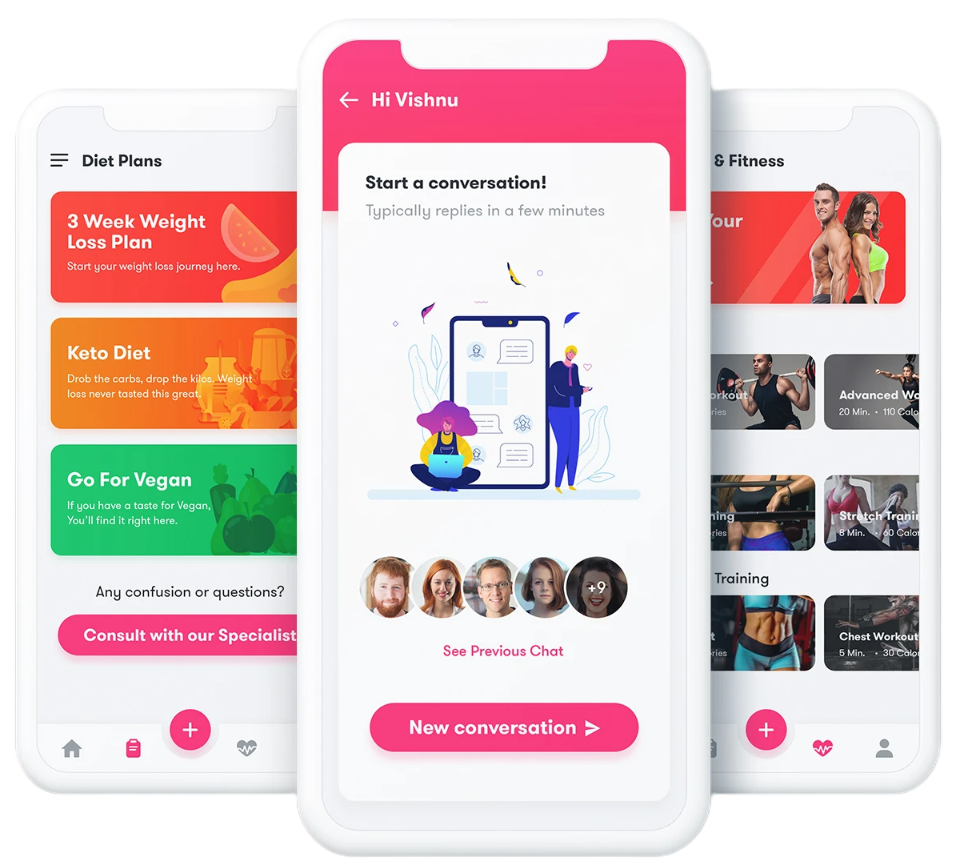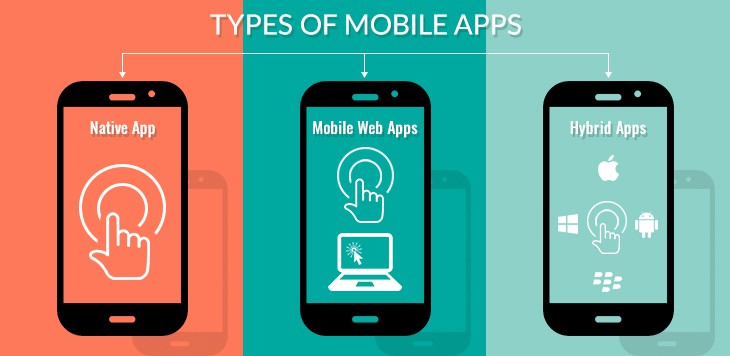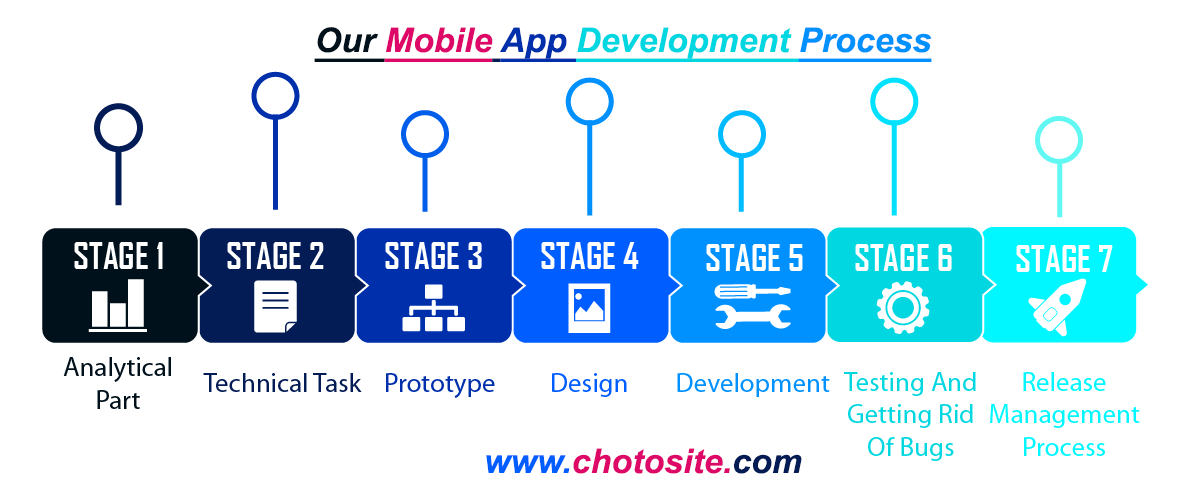Mobile App Development Company in Dhaka Bangladesh
MY SOFT IT is leading Mobile App Development Company in Dhaka Bangladesh, We are developing multiple mobile app platform in IPhone, iPad, Android, and windows apps and games. Our apps are available in Apple Store, Google Play store and Microsoft Store. We also develop any kind of custom business requirement based mobile apps. Our Professional team can deeply analysis to meet your requirement. We are using for mobile application development by latest tools and technologies.
We have expertise in Flutter using Dart, Java, React, Java, Object-C, J2ME, J2EE, Ajax, Ruby on Rails, .NET, Database like Mysql, NoSql, and API. Chotosite complete more then 30+ mobile apps and 10+ software based mobile application. We control our product’s development automatic quality control and SQA. MY SOFT IT ensure zero error, on time delivery and 100% client satisfaction .















